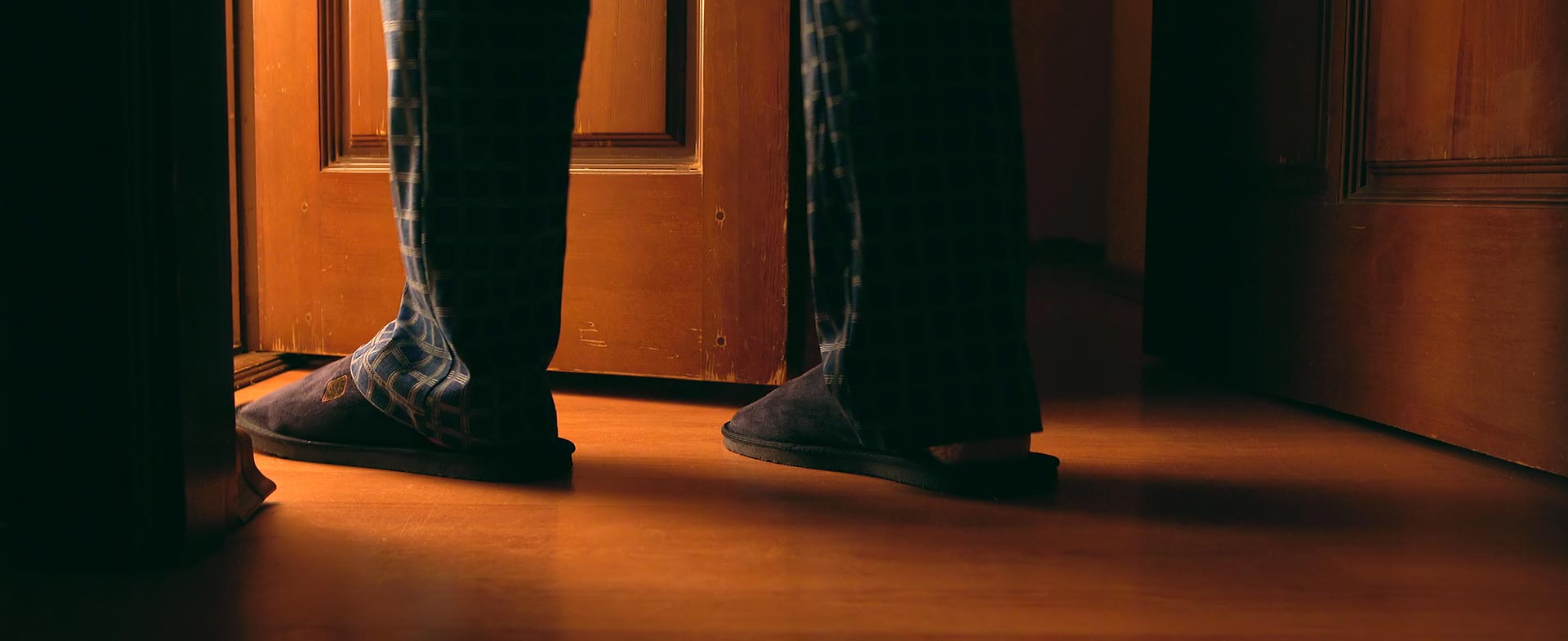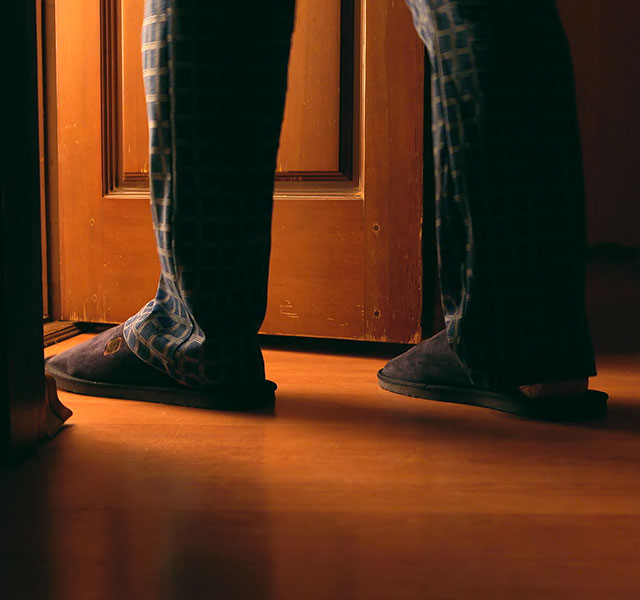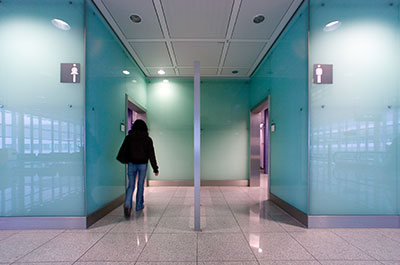If you wake up to pee several times most nights, you likely have a condition called nocturia. It’s not a disease, but it may stem from other health issues.
“Everyone has a baseline of what’s normal urinary frequency for them,” says Ali Dabaja, M.D., a urologist at Henry Ford Health. “But if you wake at least twice to go to the bathroom during eight hours of sleep, that’s considered nocturia.”
What Causes Frequent Urination At Night?
Waking up during the night to use the bathroom is not uncommon. Nor is it necessarily a problem. “It’s only considered a problem when the interruptions are frequent enough and bothersome enough to cause restless sleep,” says Dr. Dabaja.
Peeing more often at night (and often during the day, too) does become more common with age. “More than 50% of adults over age 50 have nocturia,” says Dr. Dabaja. “And after age 50 the condition is more common in men than women.”
In most cases, people who experience nocturia also pee frequently during the day. An underlying medical condition can result in frequent urination—during the day or at night. These might include:
- Diabetes: People with diabetes typically produce more urine, especially if blood sugar is poorly controlled.
- Enlarged prostate: When the prostate gland is enlarged, it can put pressure on the bladder, making you feel like you need to pee more often and more urgently.
- Overactive bladder: This condition increases frequency and urgency of urination.
- Pregnancy: A growing uterus can increase pressure on the bladder.
- Polyuria: This is a condition in which the body produces more urine than the bladder can hold.
- Sleep apnea or other sleep disorder: If sleep apnea, or another sleep disorder, regularly wakes you during the night, you are more likely to also get up to pee frequently.
- Small bladder capacity: If your bladder isn’t able to hold as much urine as it should—possibly due to an obstruction or infection—you may pee more frequently during the day and at night.
You might also wake up more often to pee if you take diuretic medication (drugs that cause your kidneys to make extra urine). Diuretic beverages (like coffee or alcohol) in the evening or simply drinking too much fluid close to bedtime can also cause frequent urination.

Meet With A Urologist
Nocturia Treatment
“The key to treating nocturia is to correct the underlying issue that’s causing you to urinate frequently at night,” says Dr. Dabaja. “If we’re able to correct the underlying cause—like enlarged prostate, high blood sugar or sleep apnea—it can often decrease nocturia symptoms.”
Some lifestyle changes can also help reduce your need to pee during the night. You can improve nocturia symptoms by:
- Avoiding foods and beverages that are irritating to the bladder and increase your need to pee. These include spicy foods, citrus fruits, alcohol and coffee.
- Taking diuretic medications only if prescribed by a doctor. If you do have a health condition that requires them, Dr. Dabaja recommends taking them in the morning rather than before bed.
When To See Your Doctor
If you have to pee so frequently—day or night—that it’s disruptive to your activities or sleep, you should talk to your doctor. Nocturia isn’t an inevitable effect of aging or something you have to live with.
“Nocturia can indicate an underlying problem that needs to be addressed,” says Dr. Dabaja. “So it’s important to see a urologist who can diagnose and treat the problem.”
Reviewed by Dr. Ali Dabaja, a urologist who sees patients at Henry Ford Medical Center in Dearborn and at Henry Ford Hospital in Detroit.



